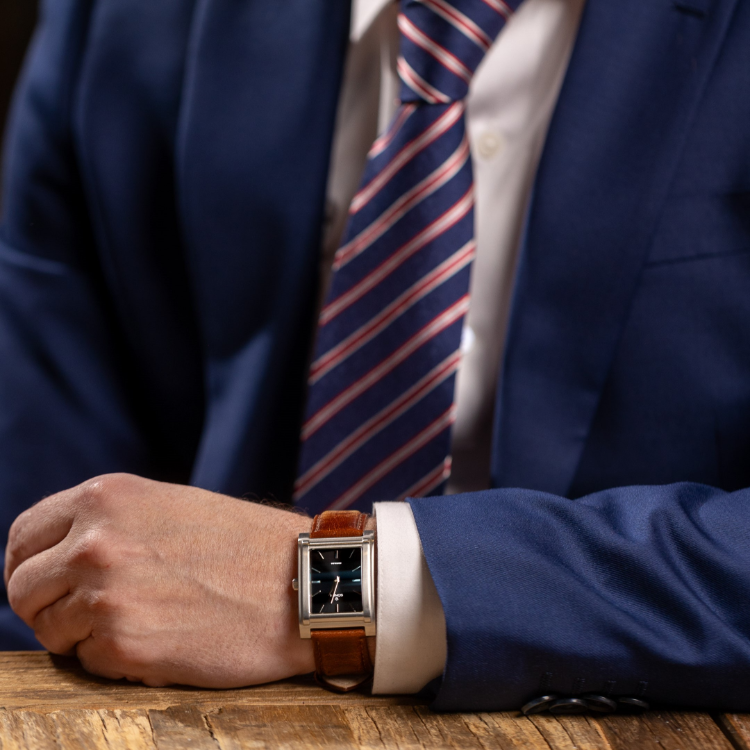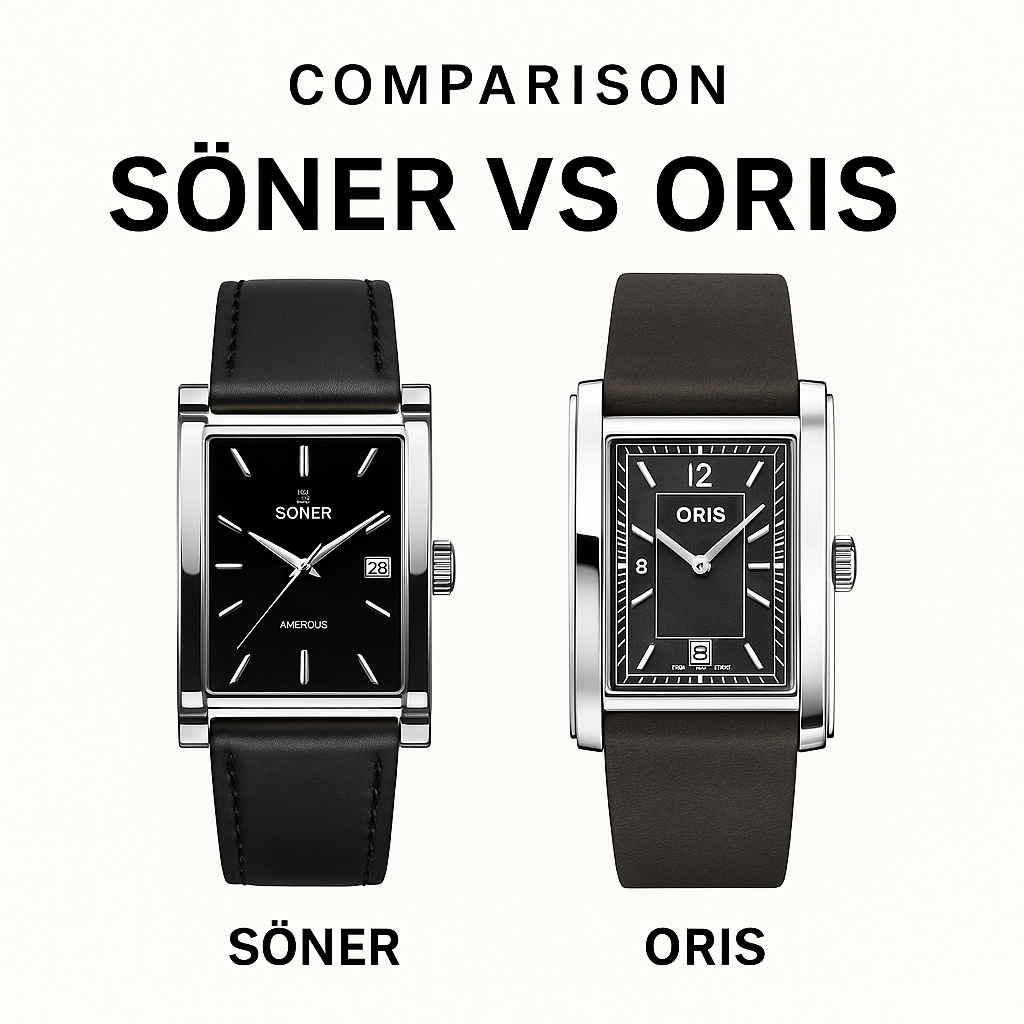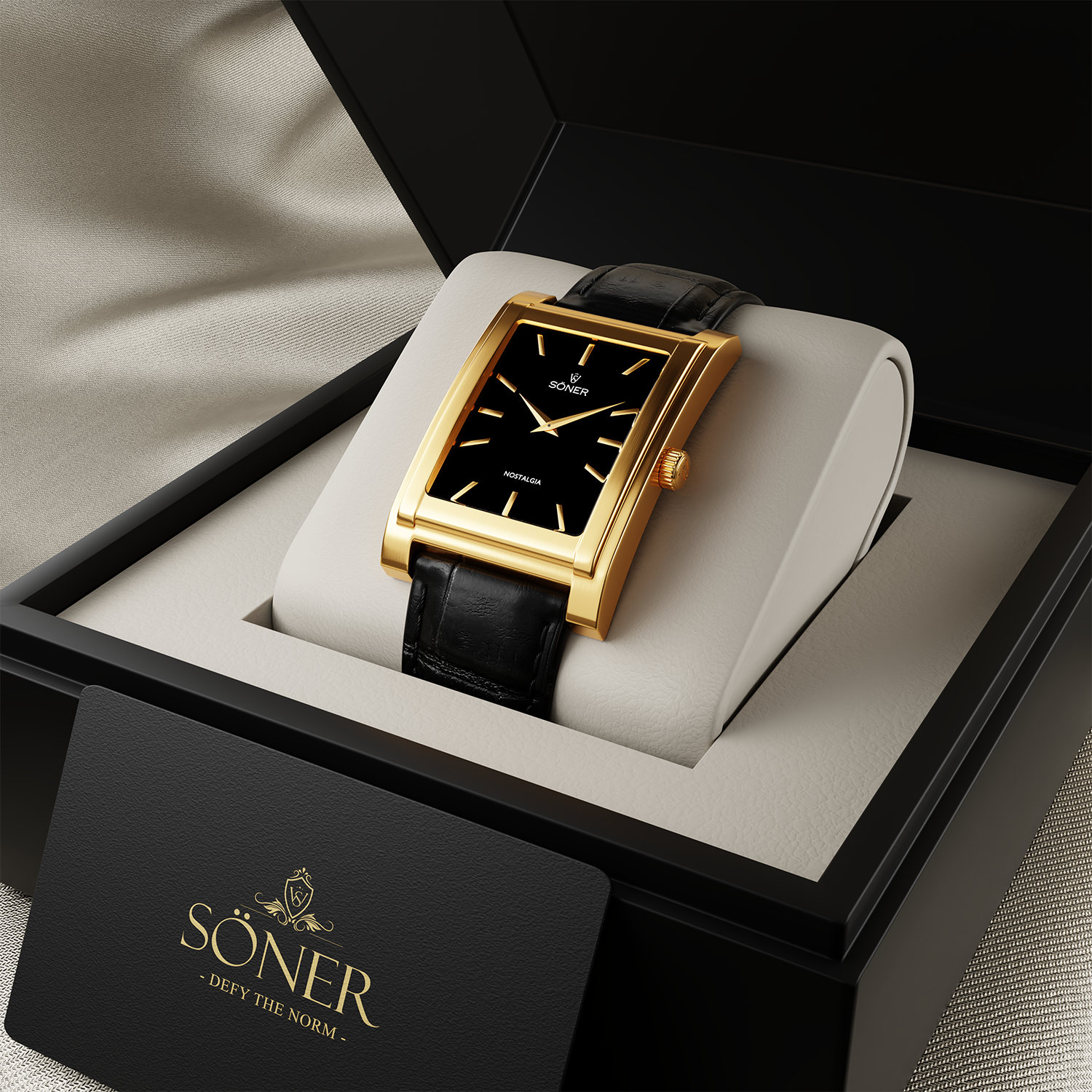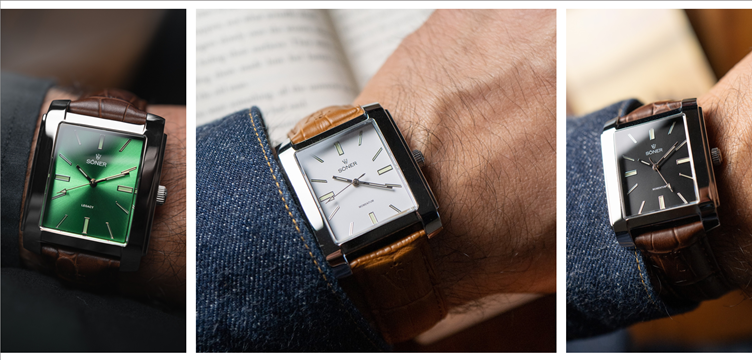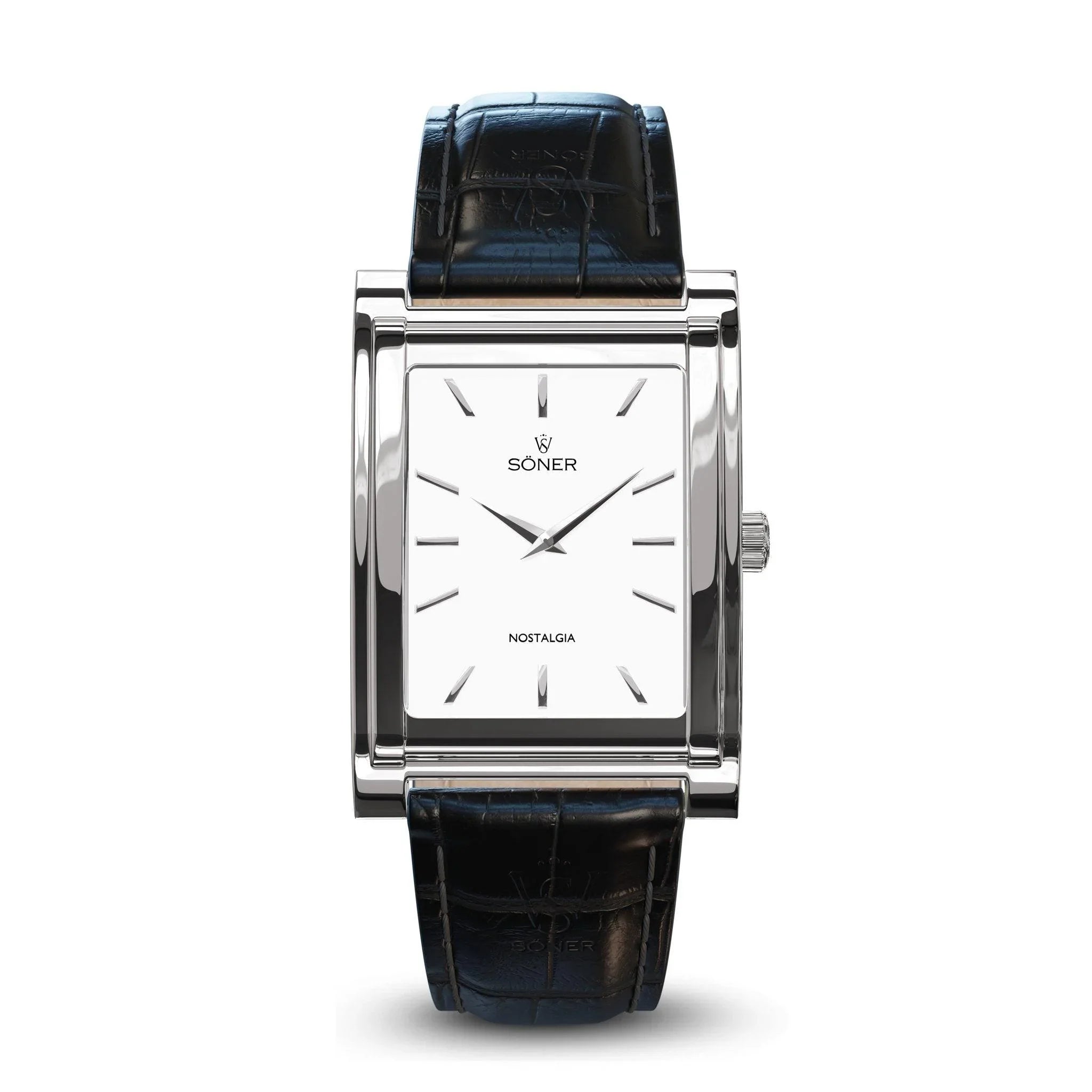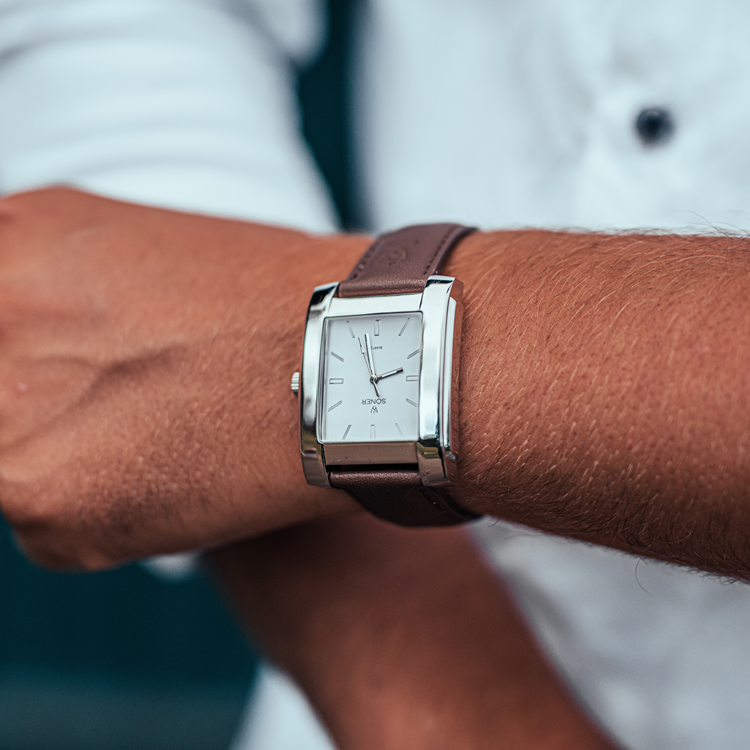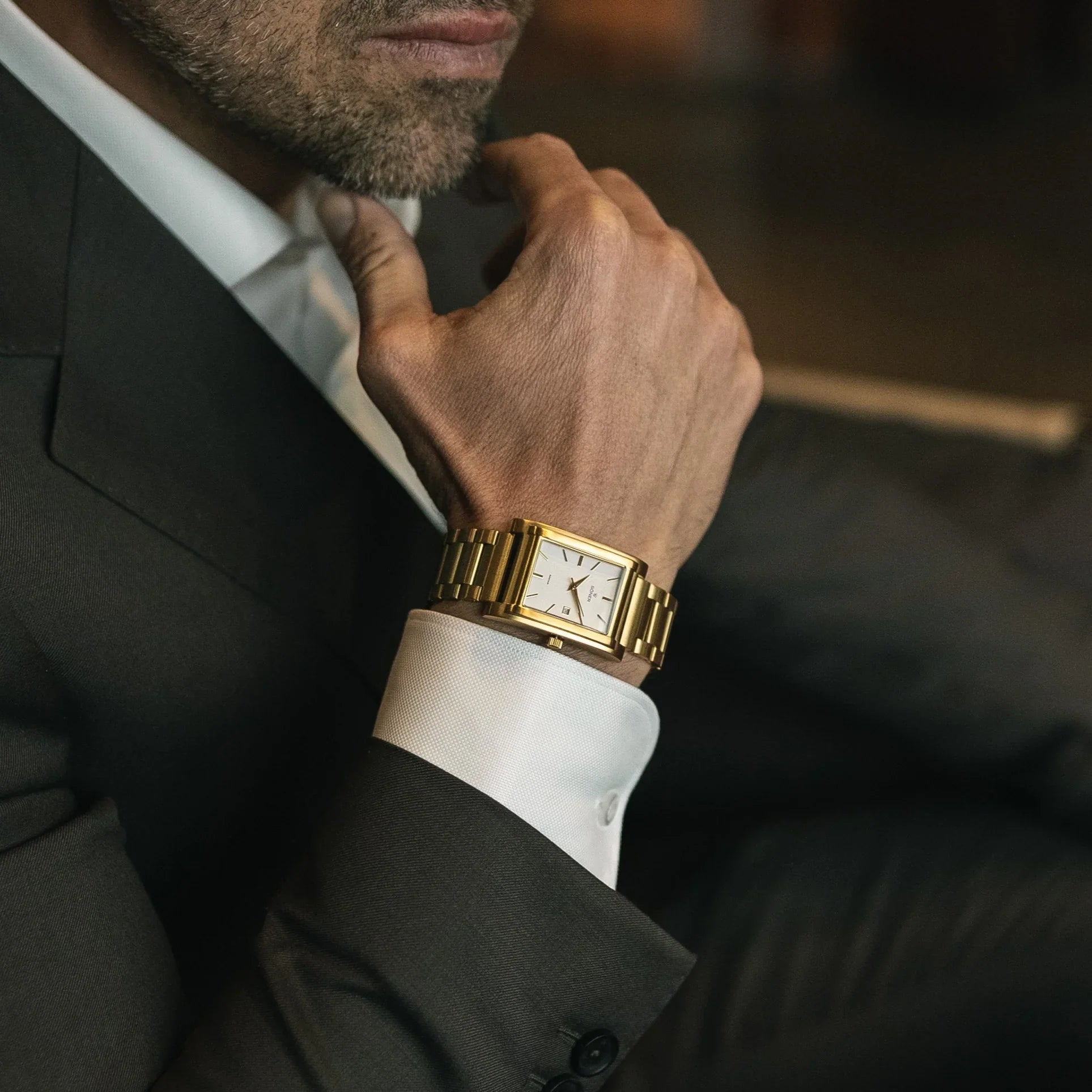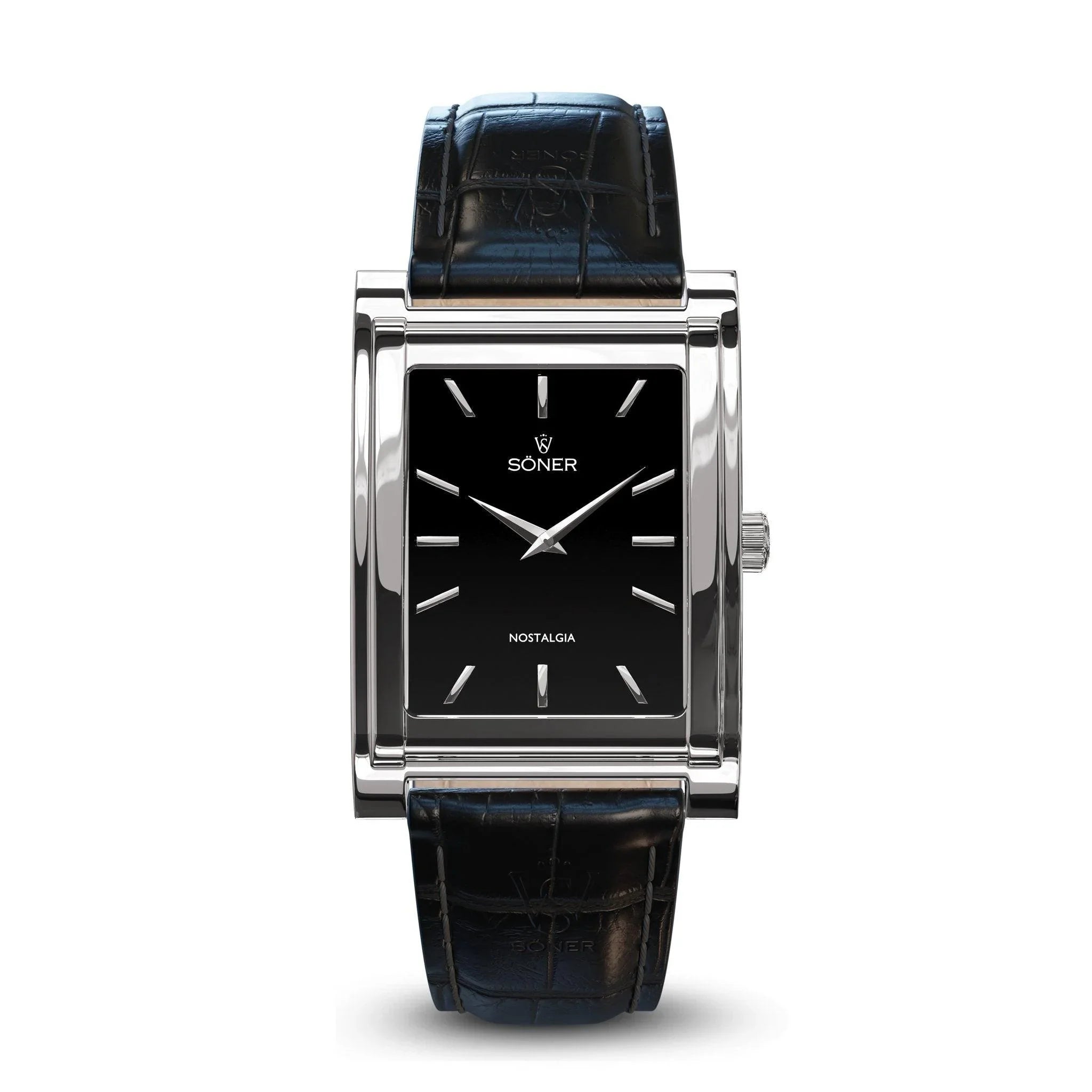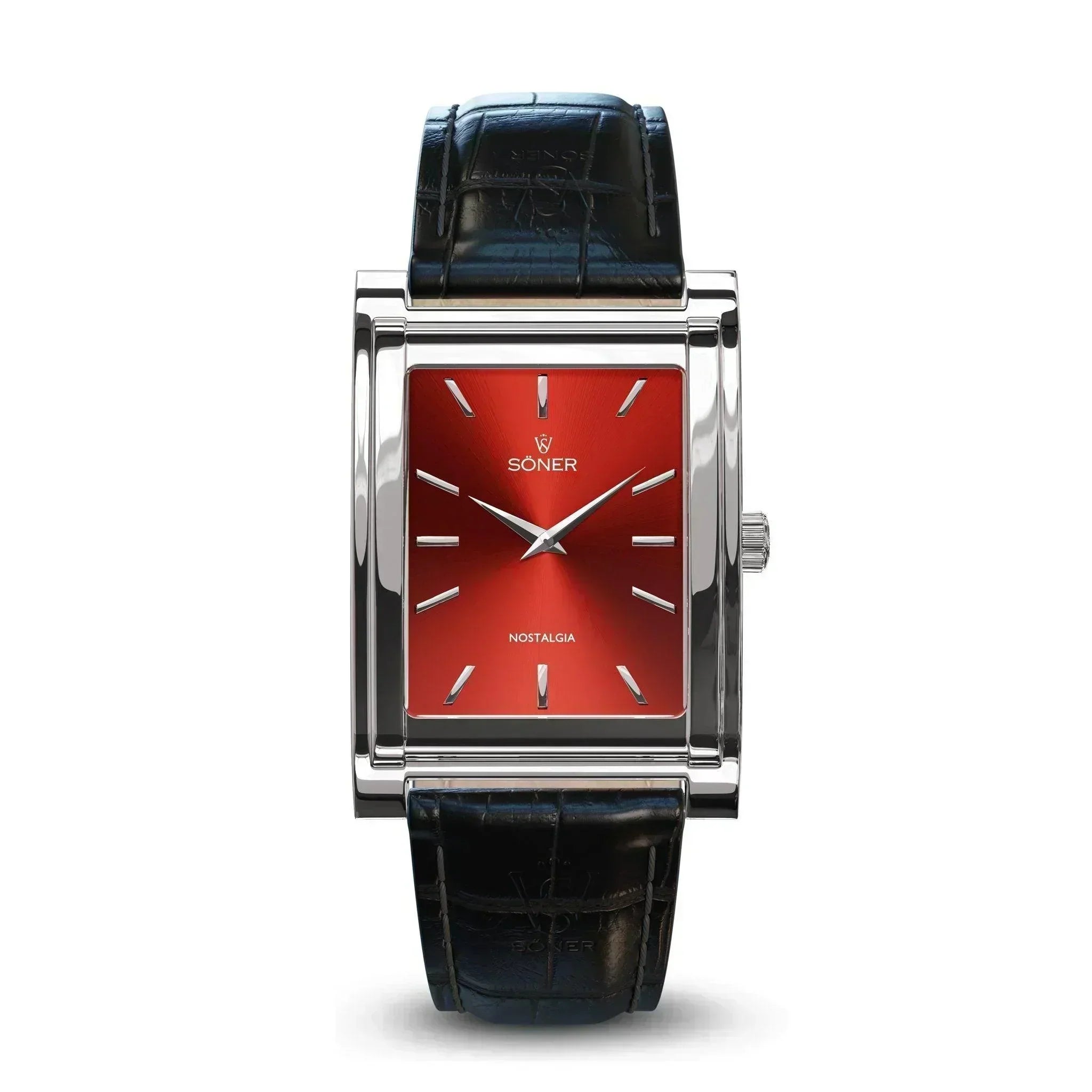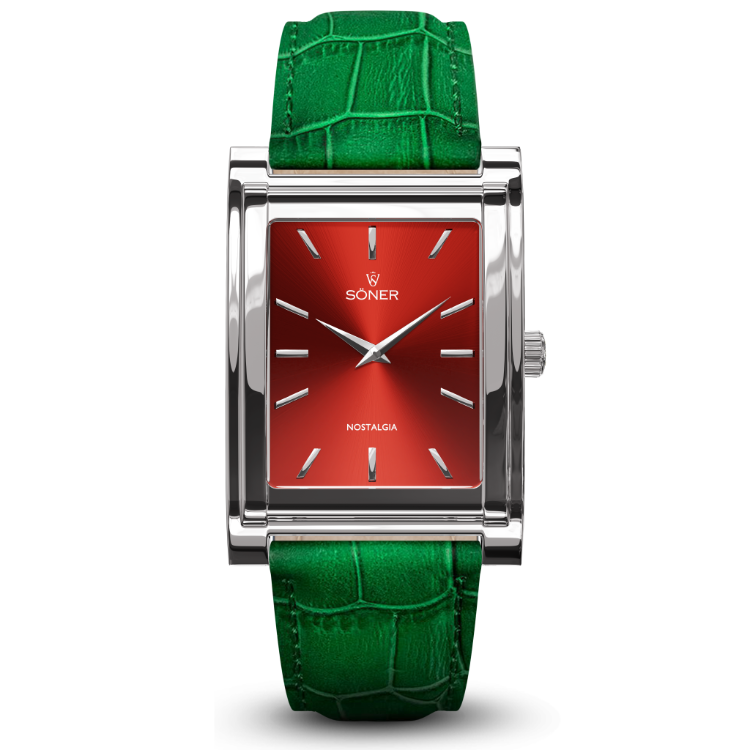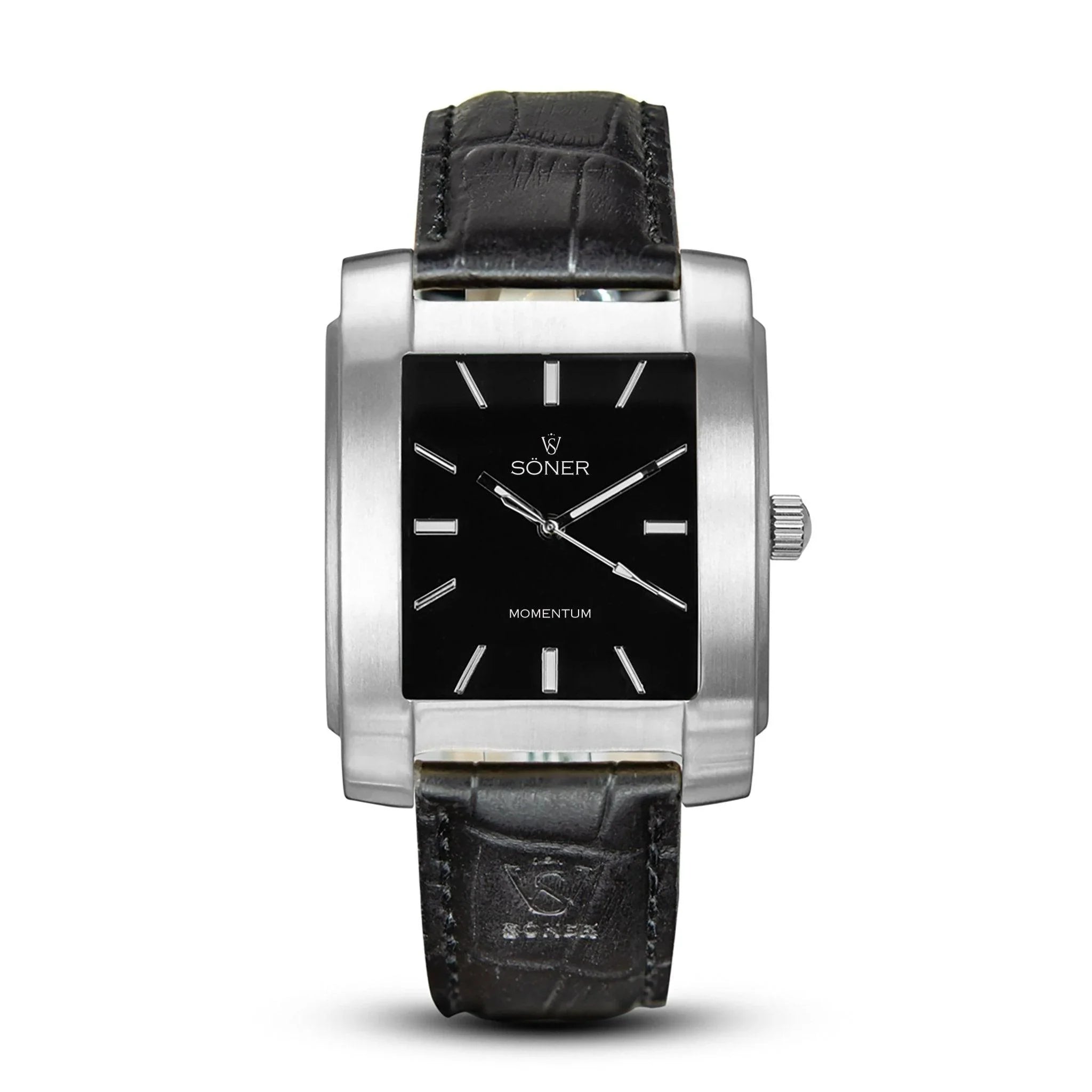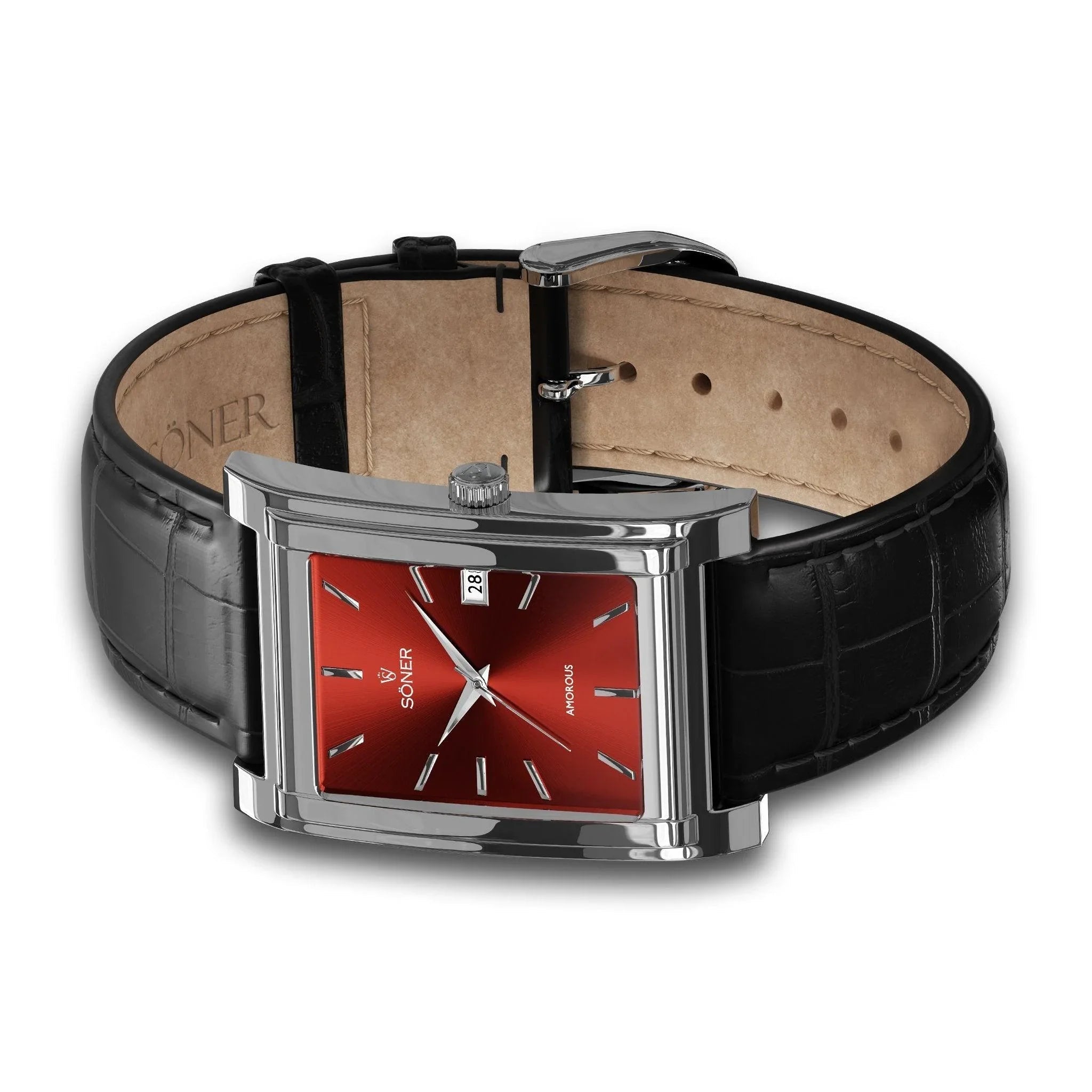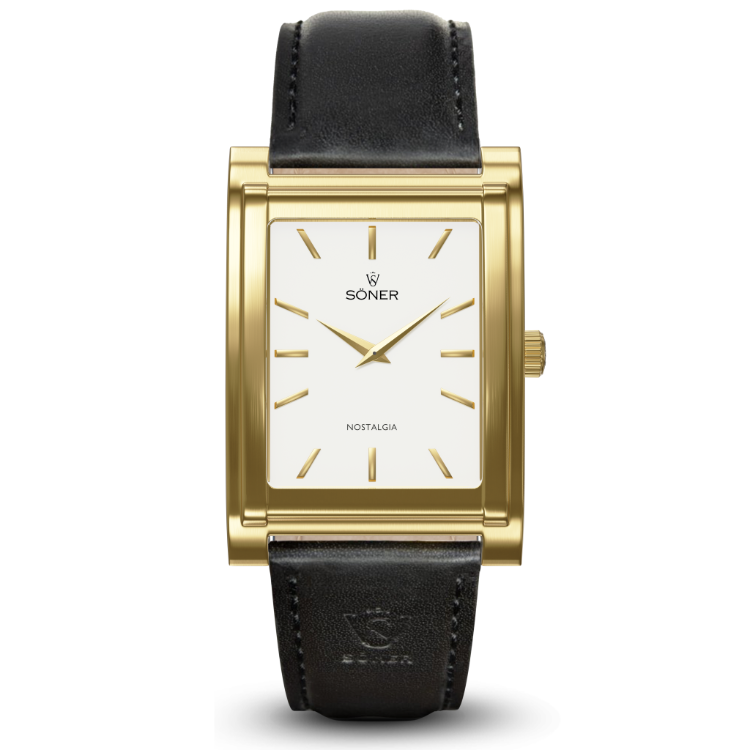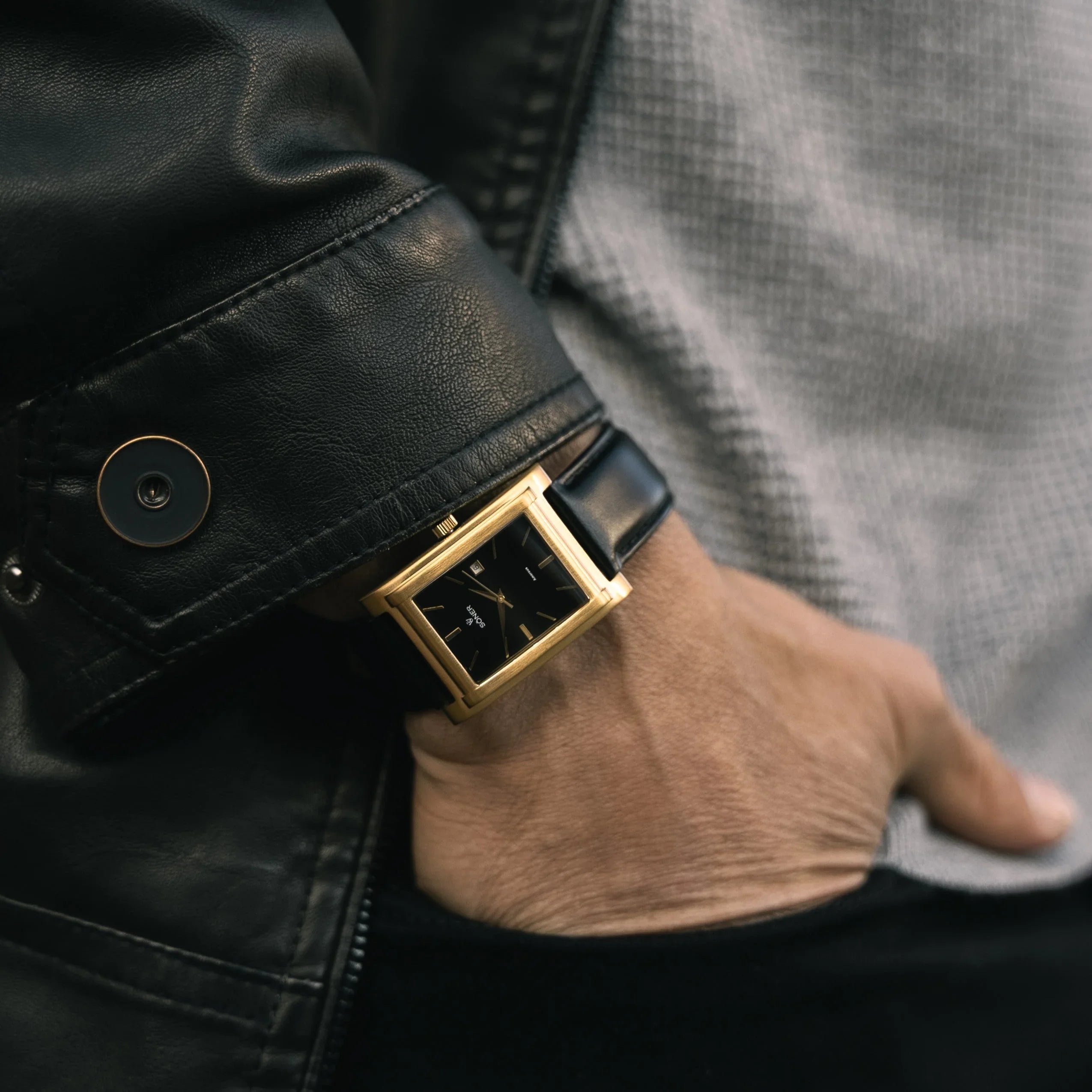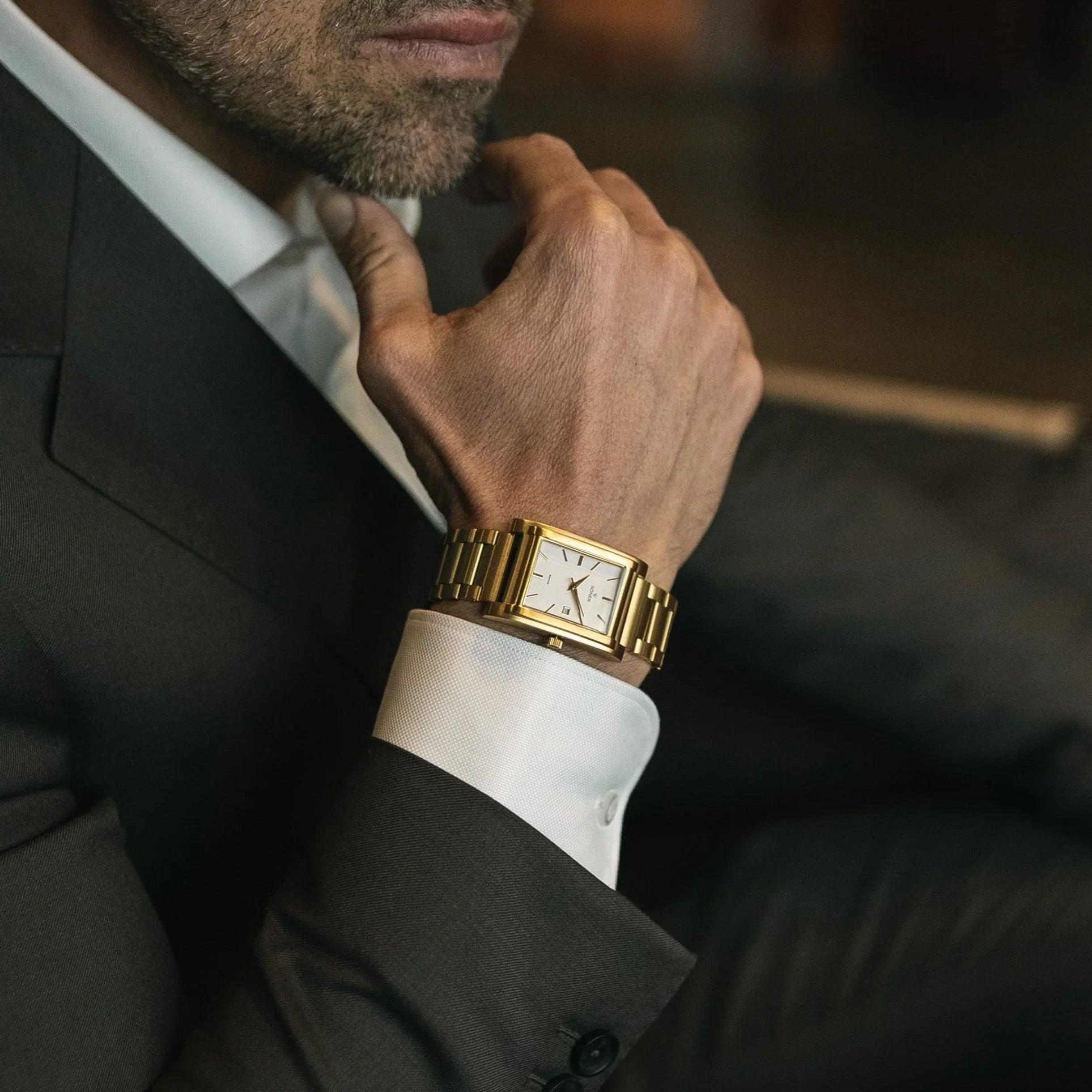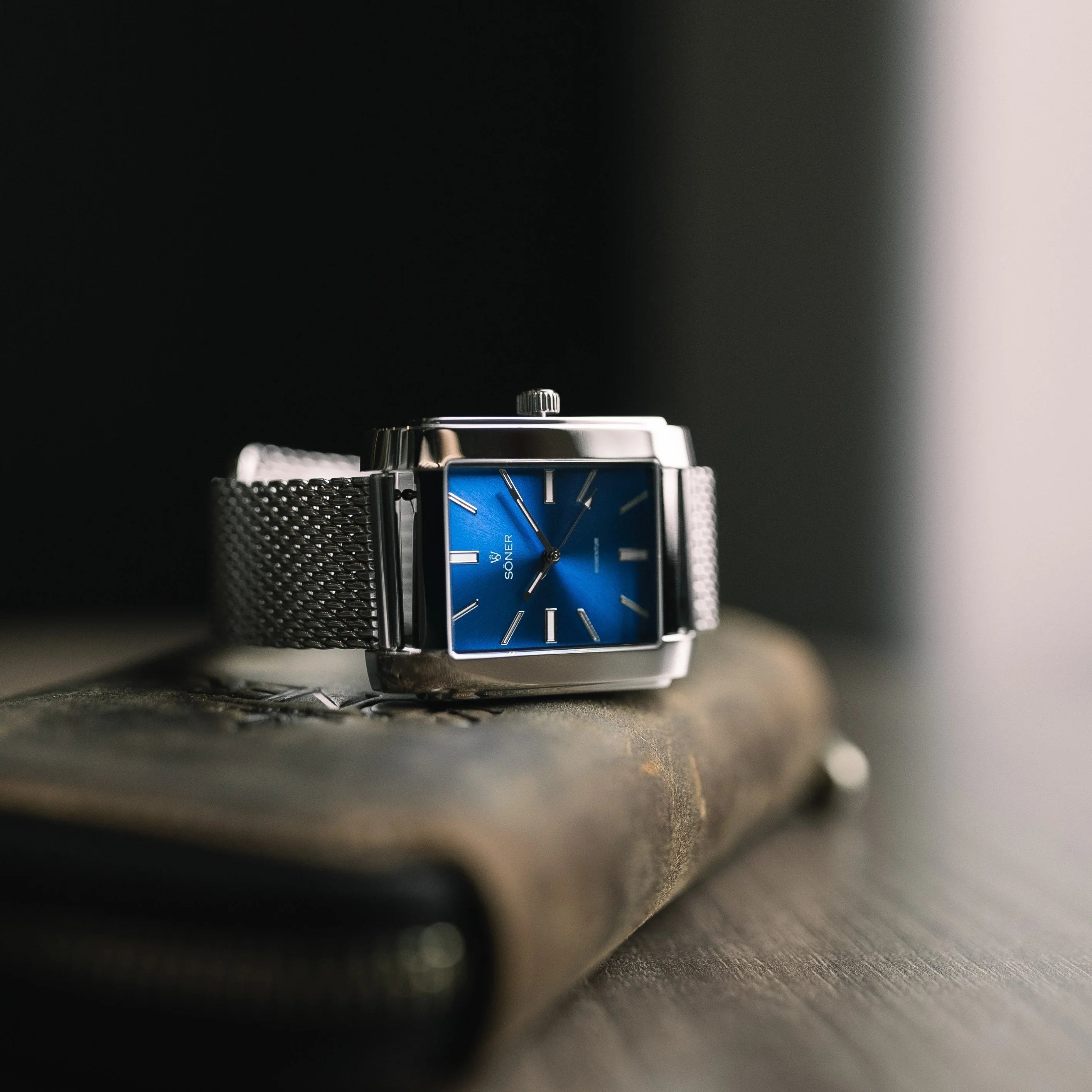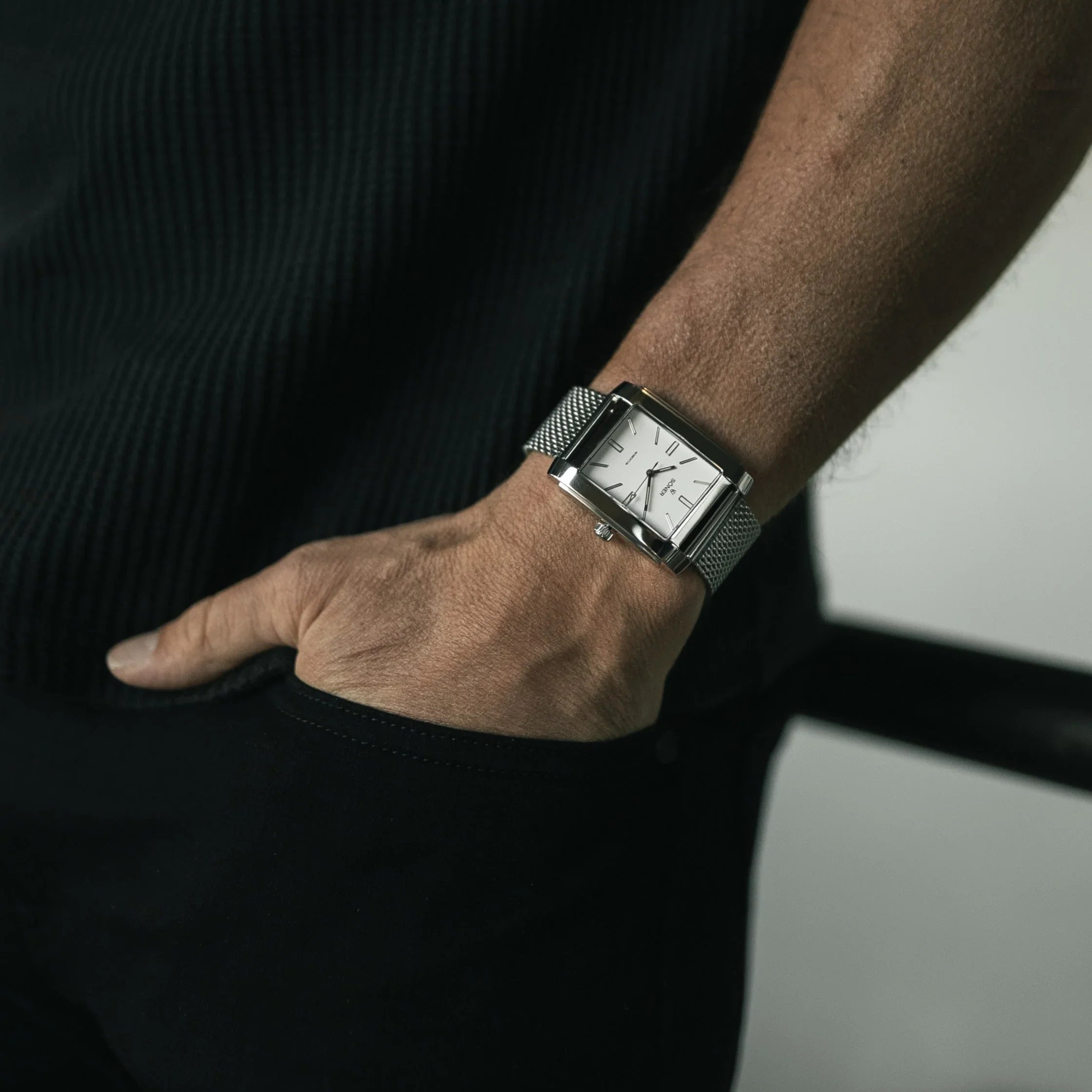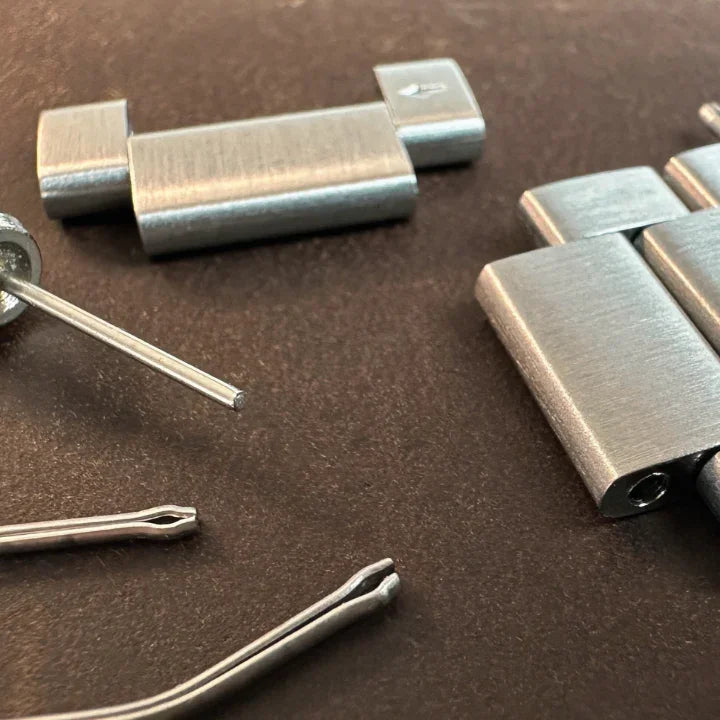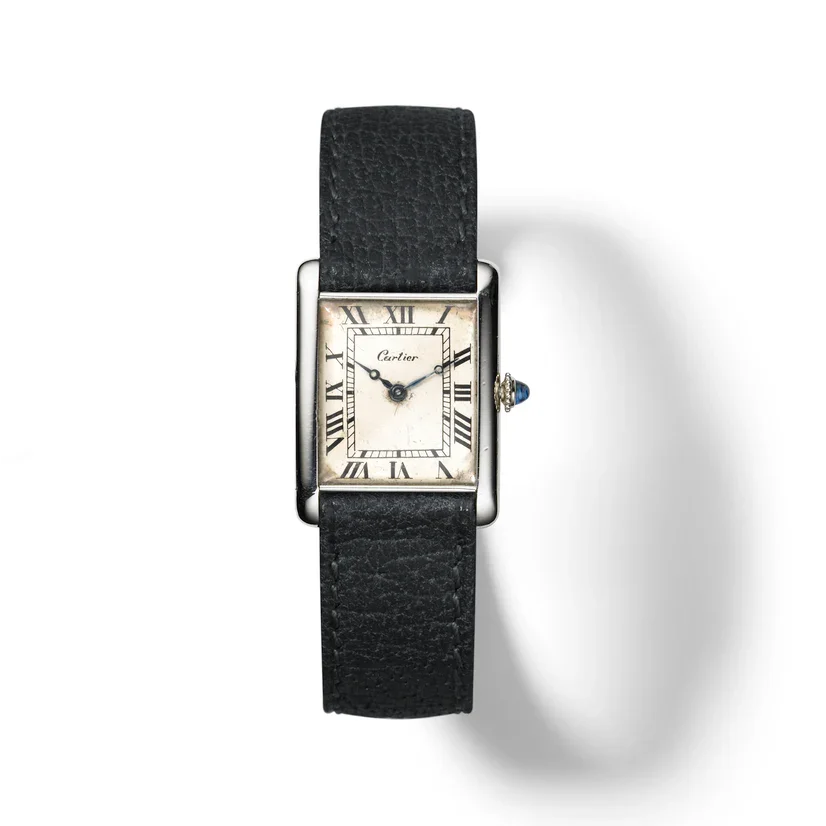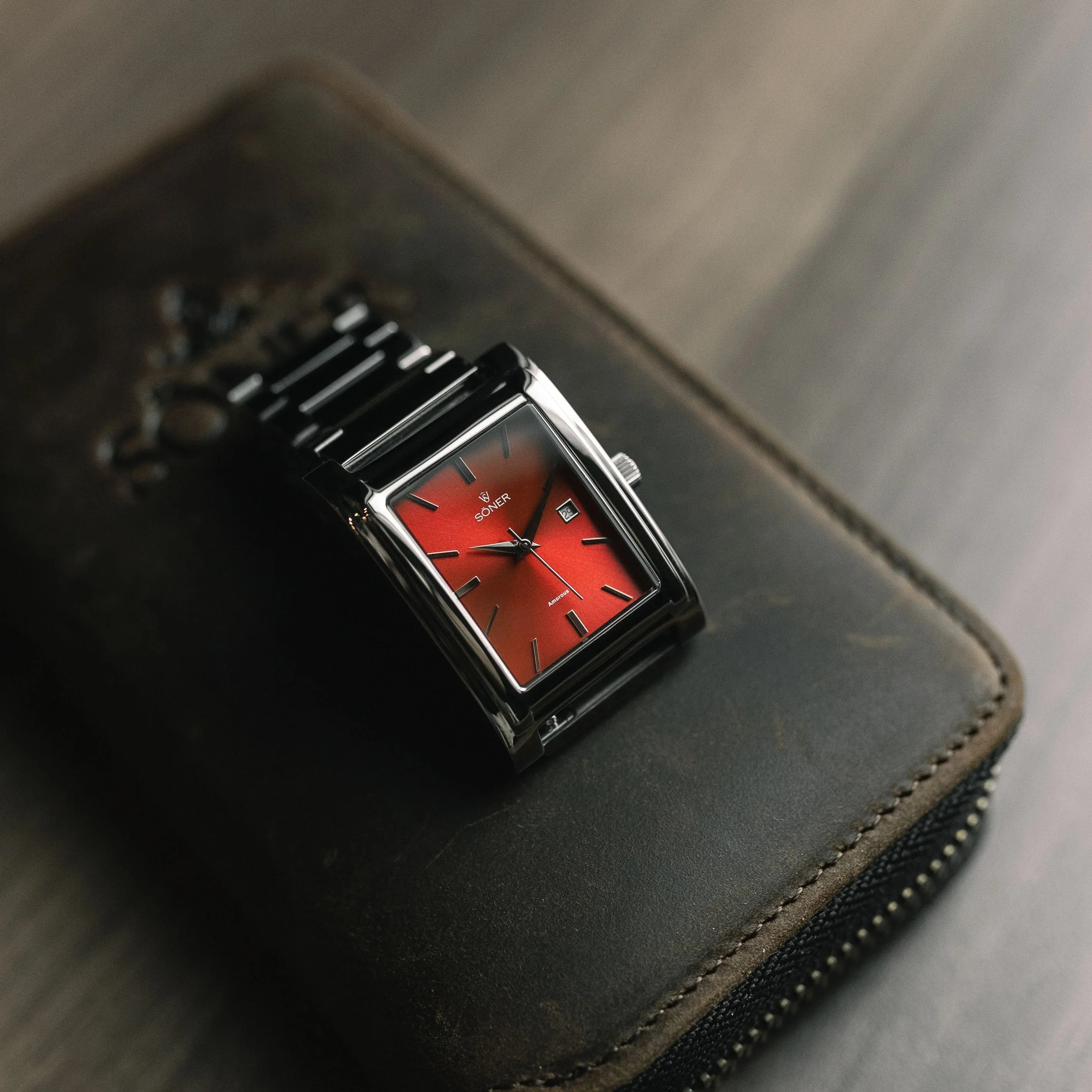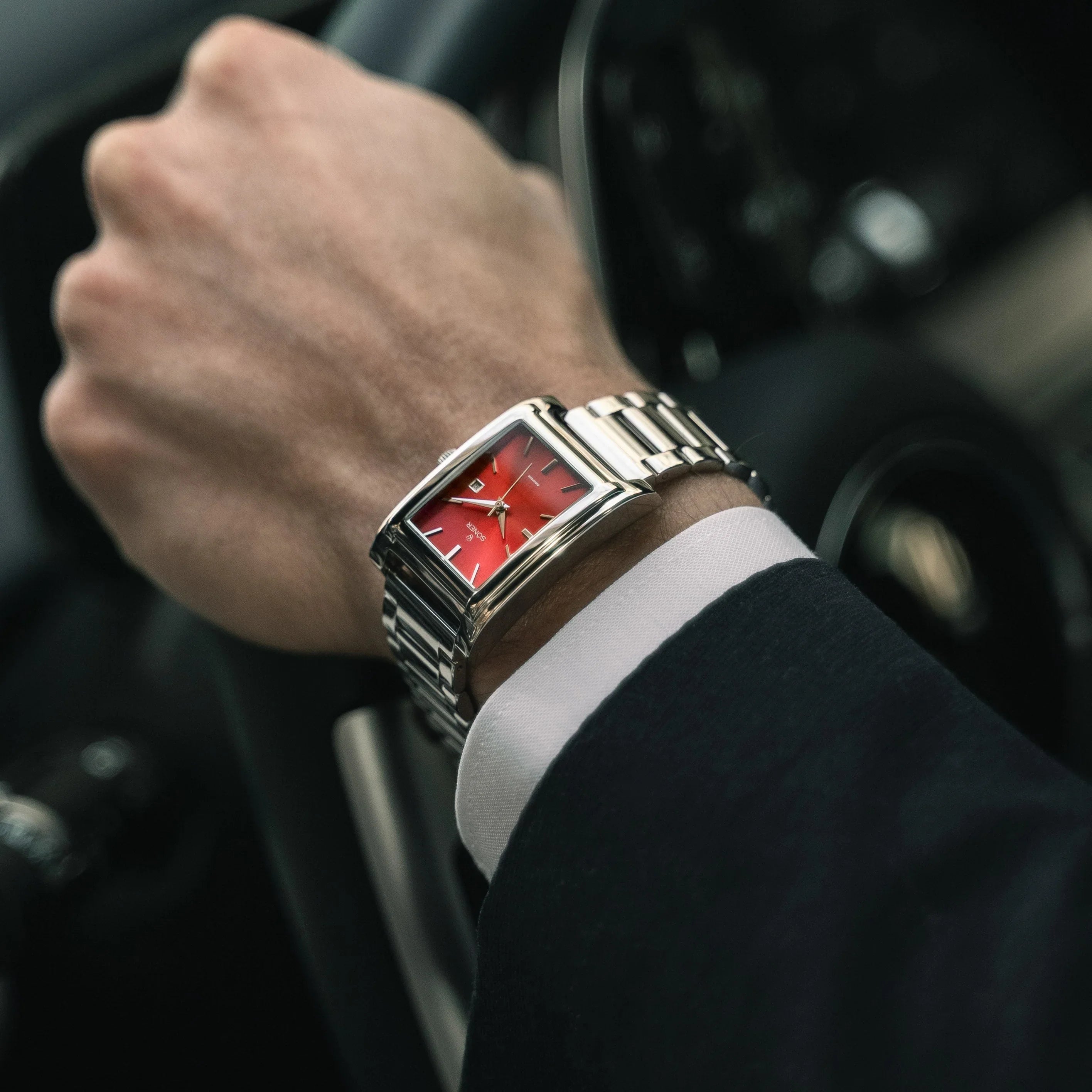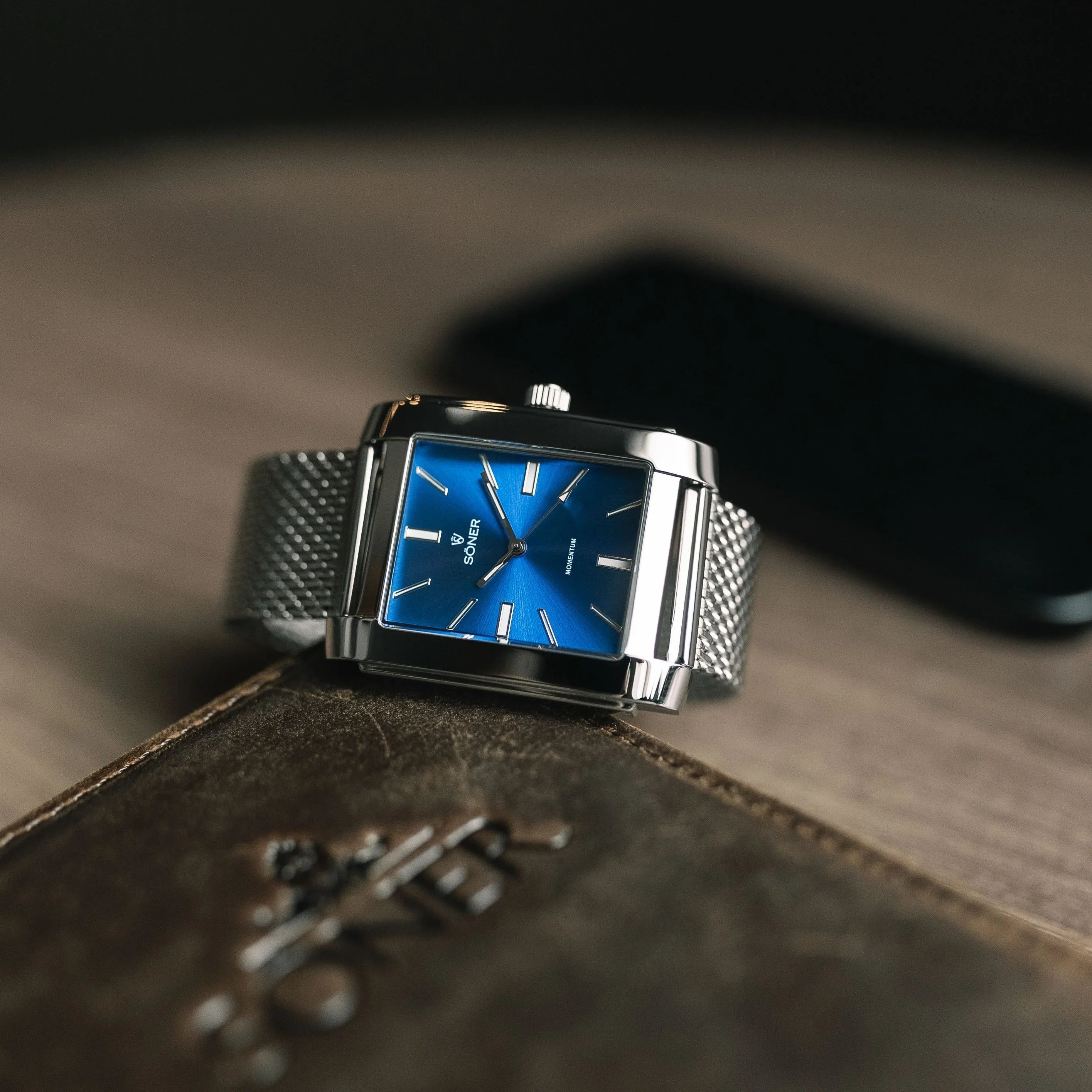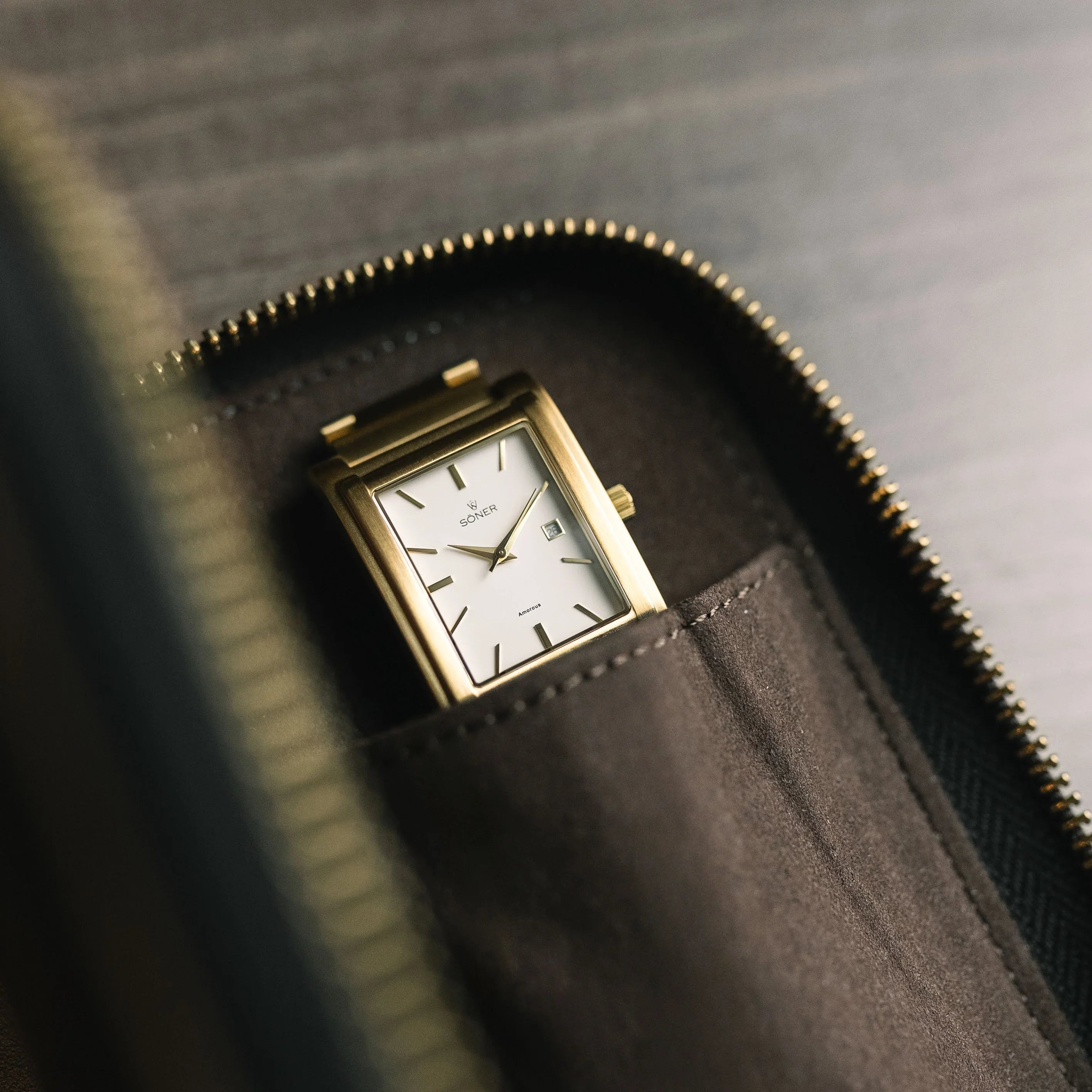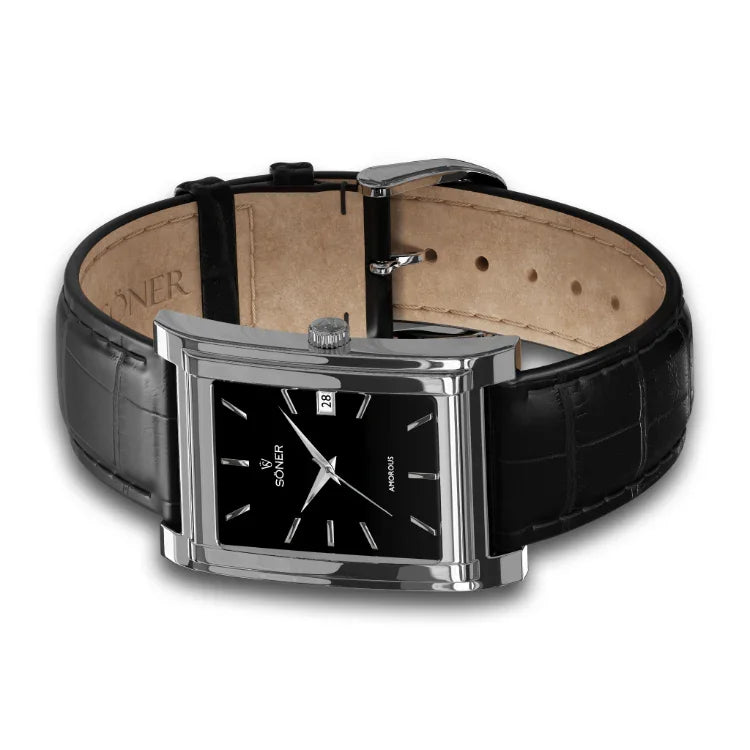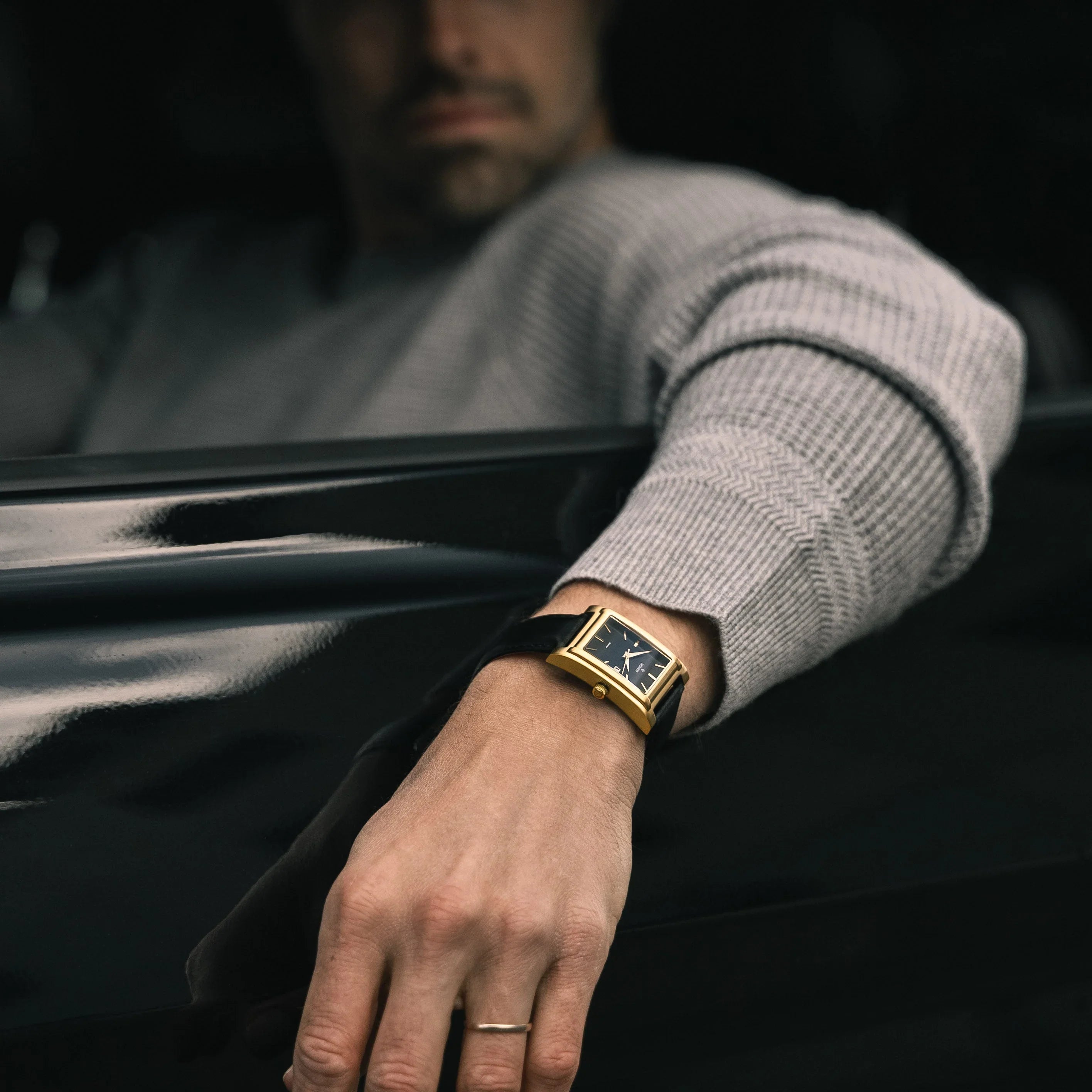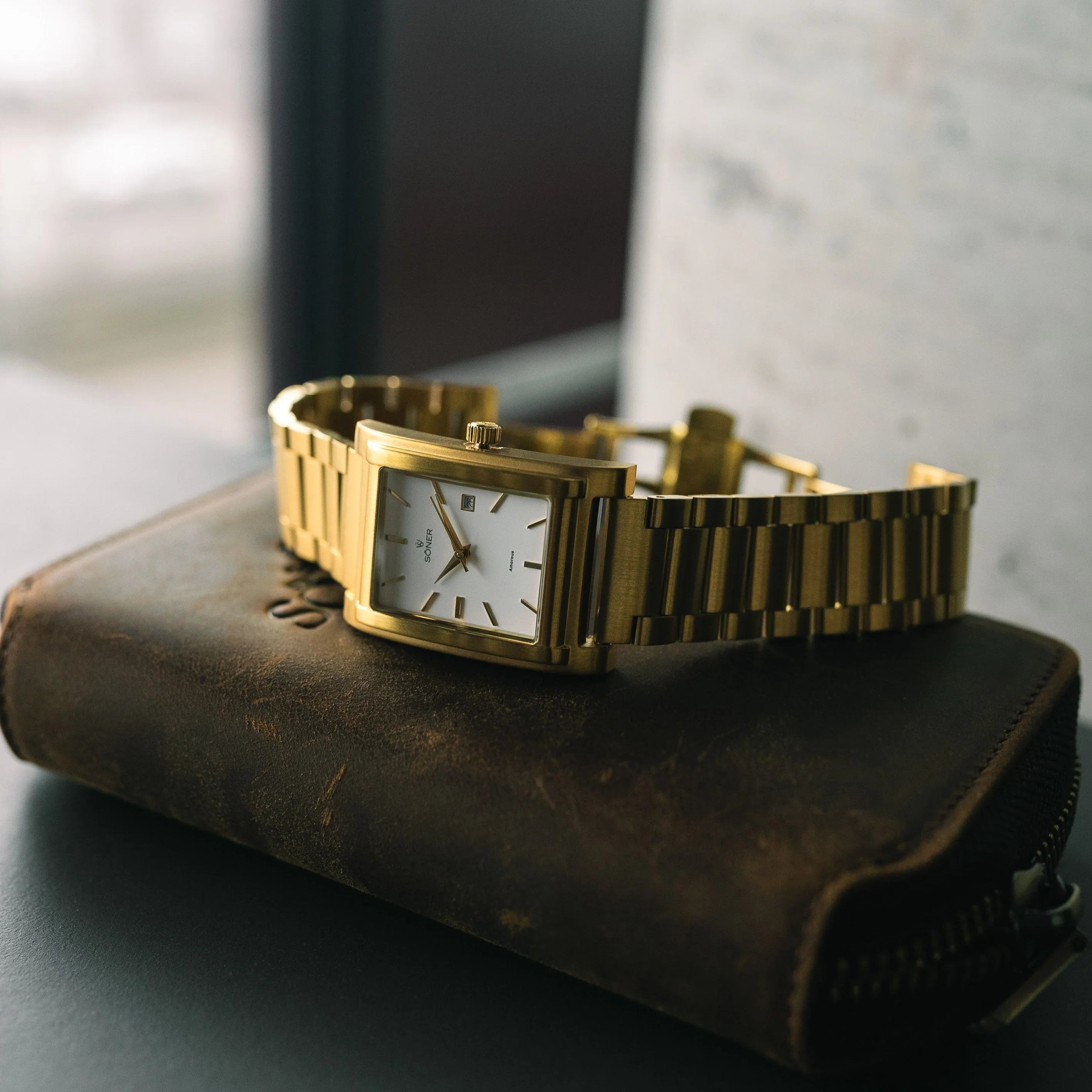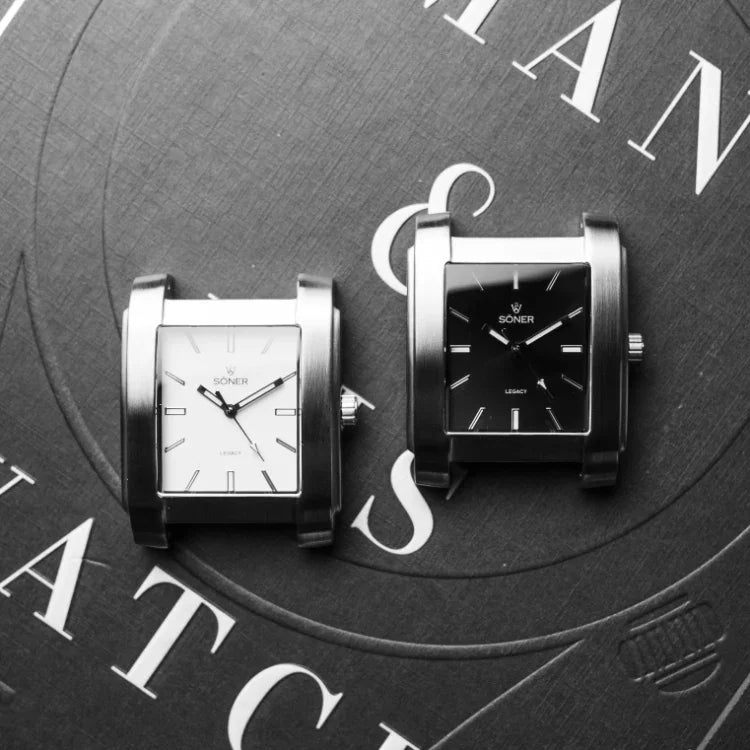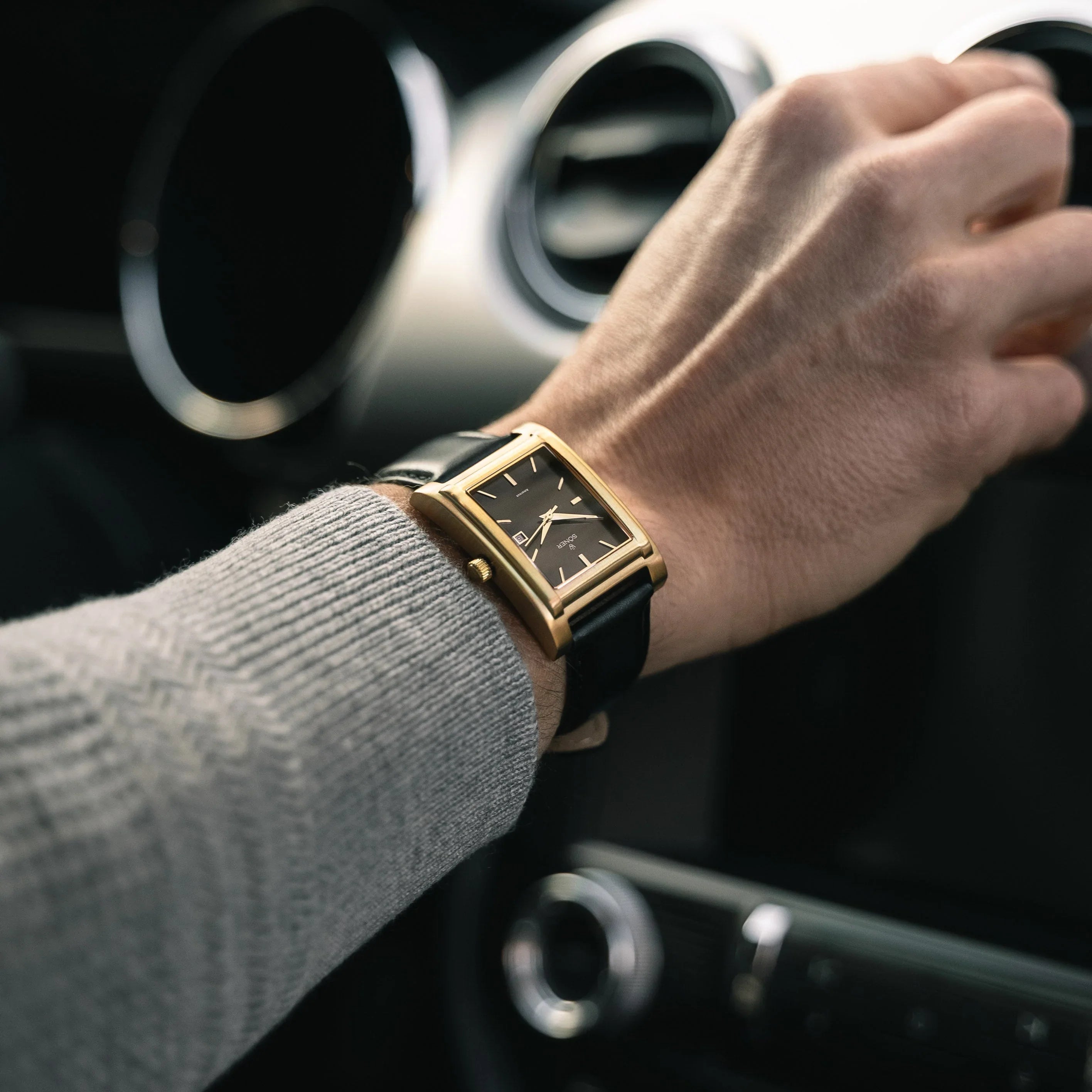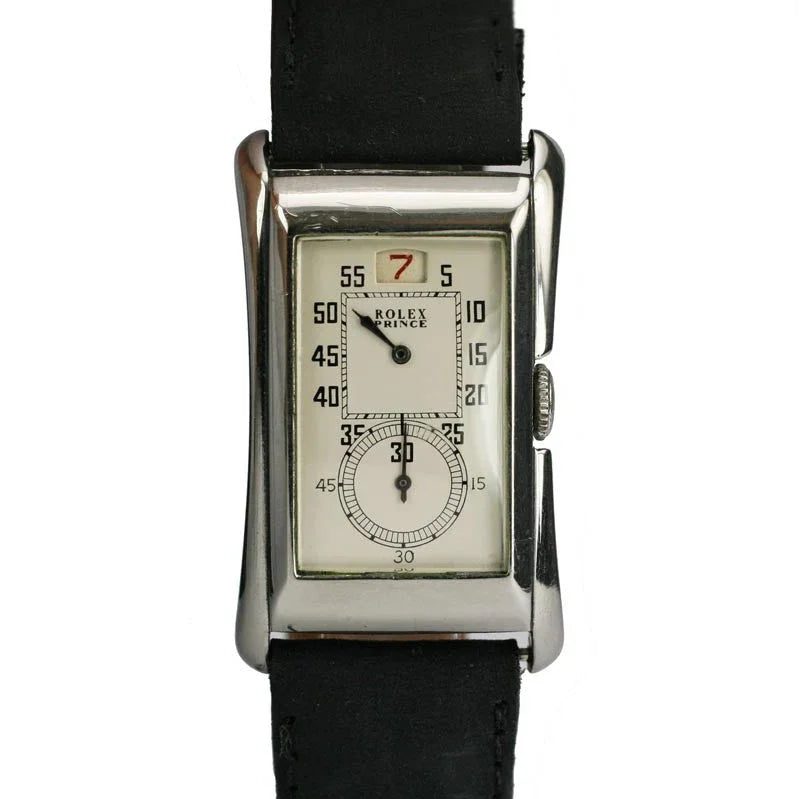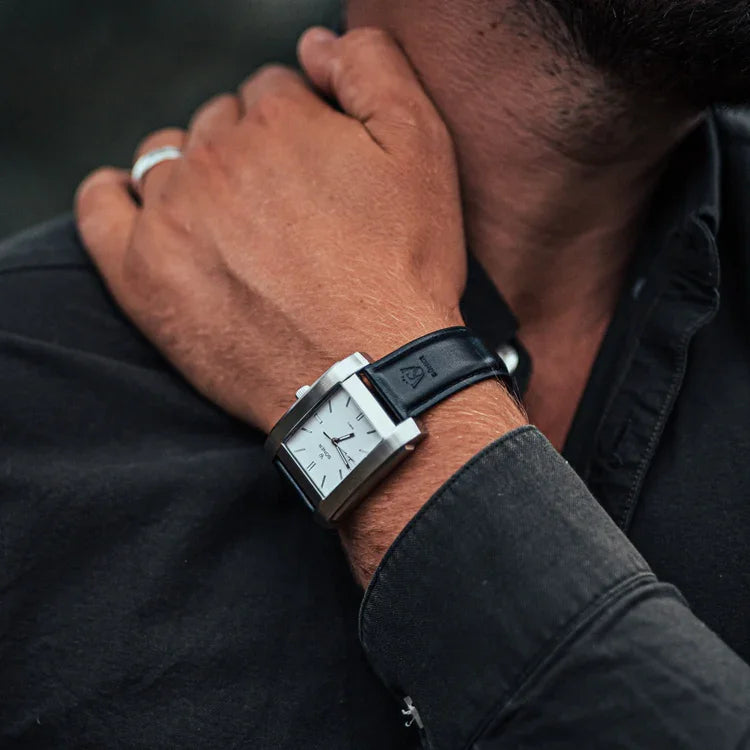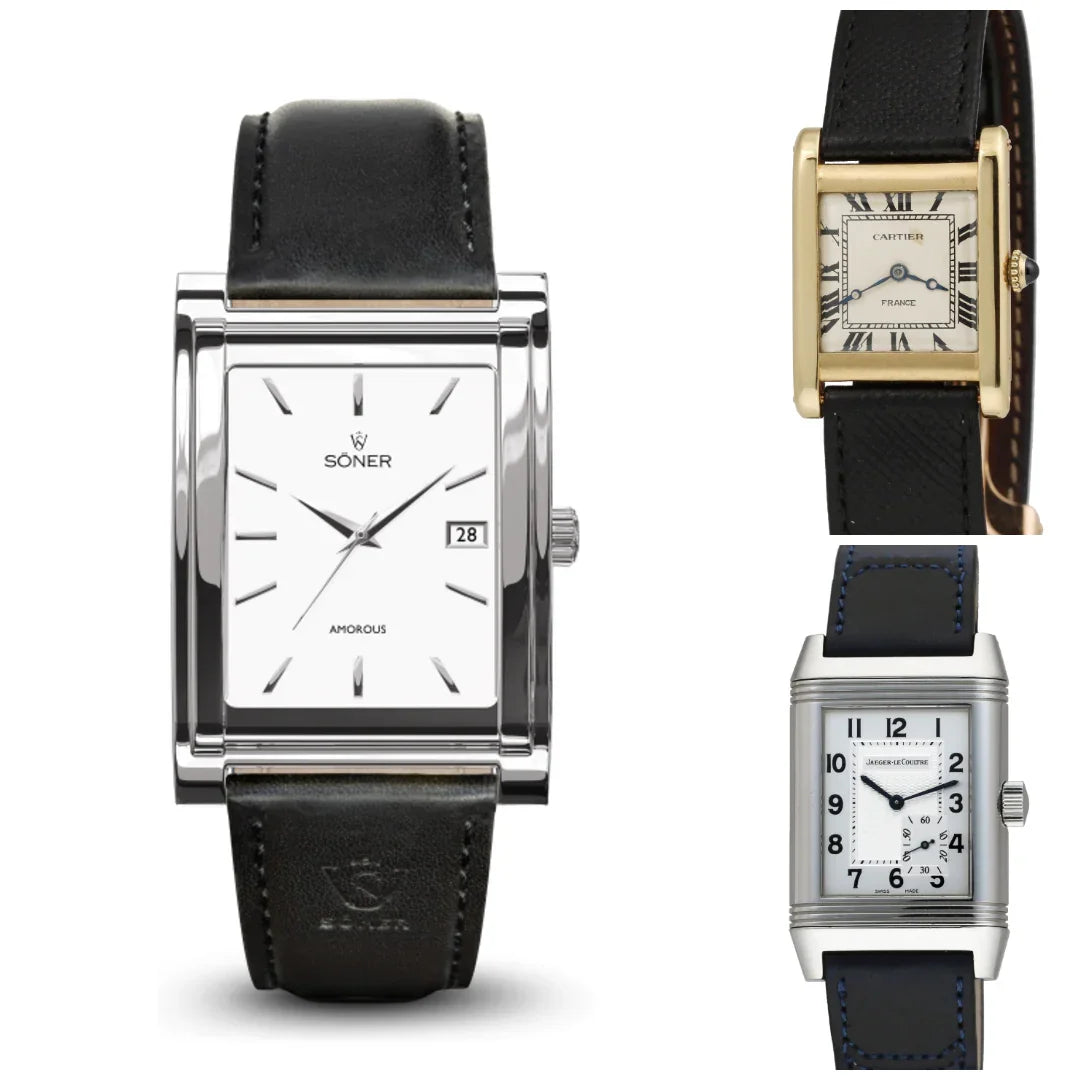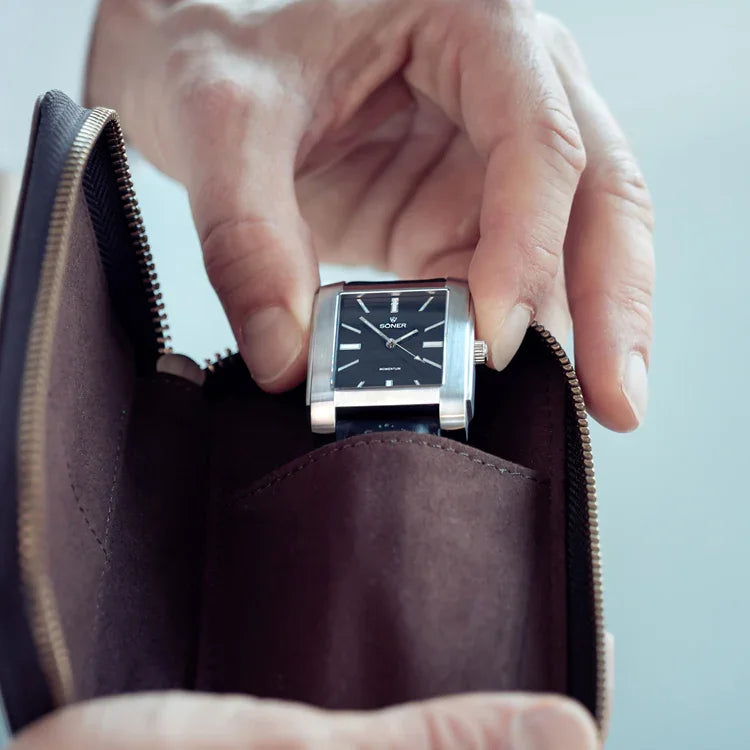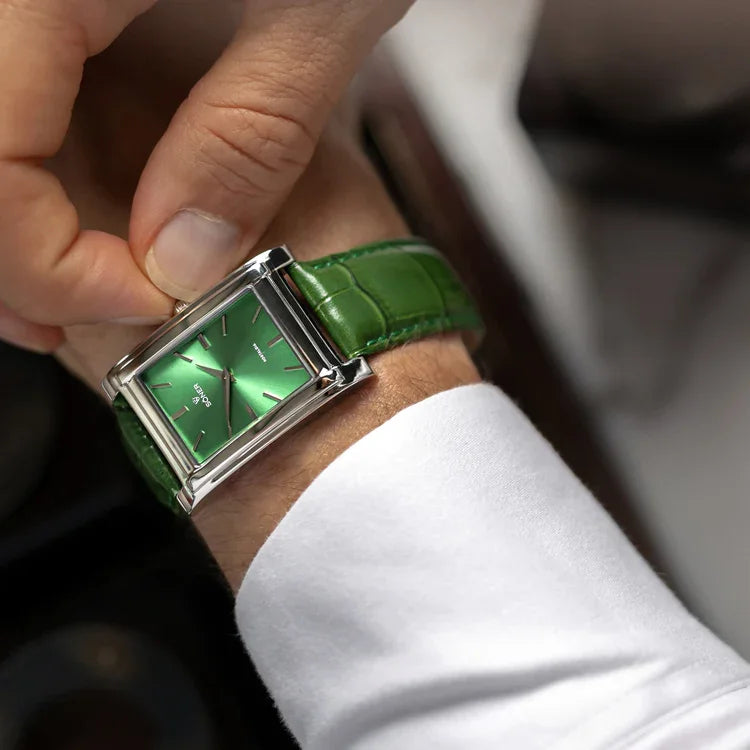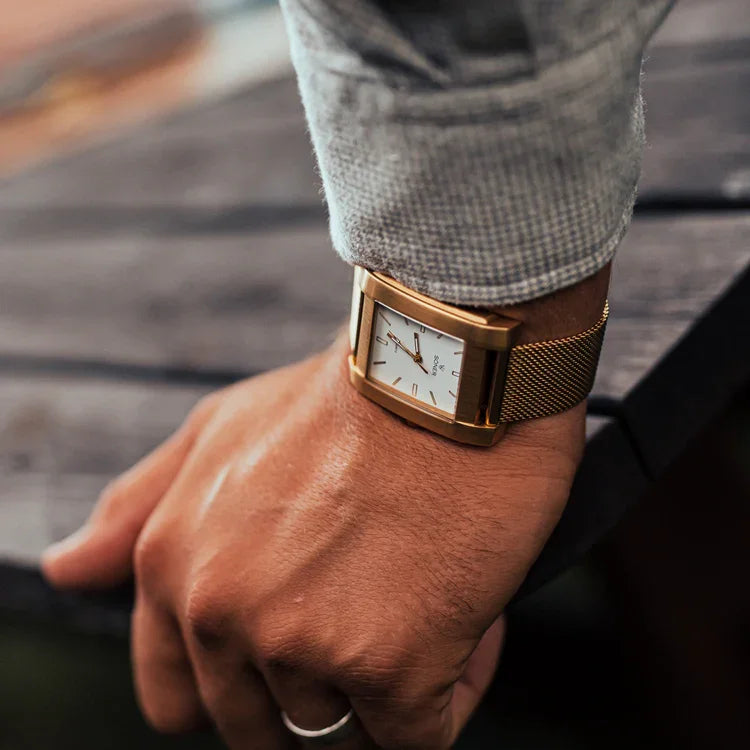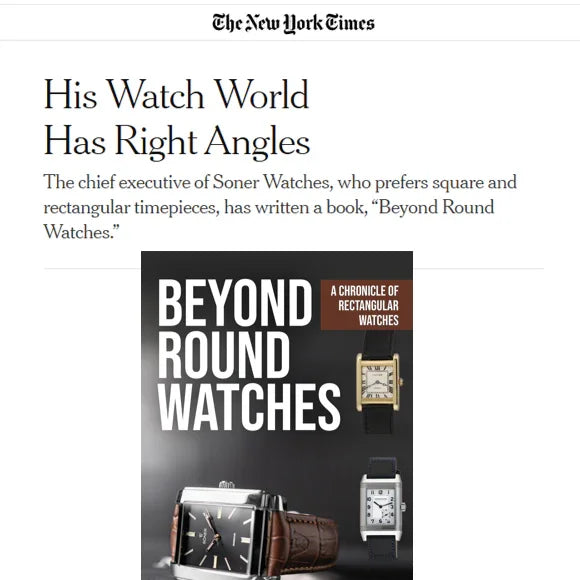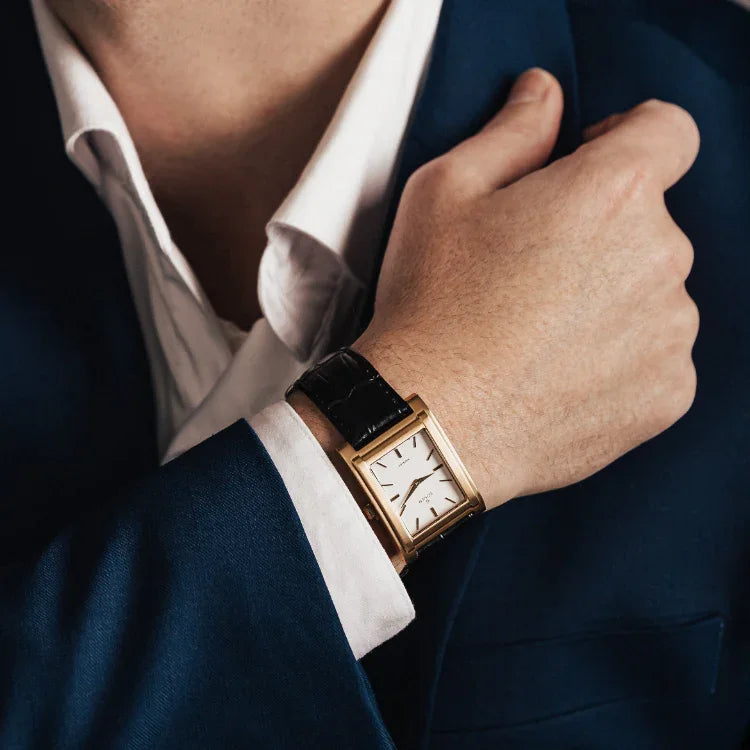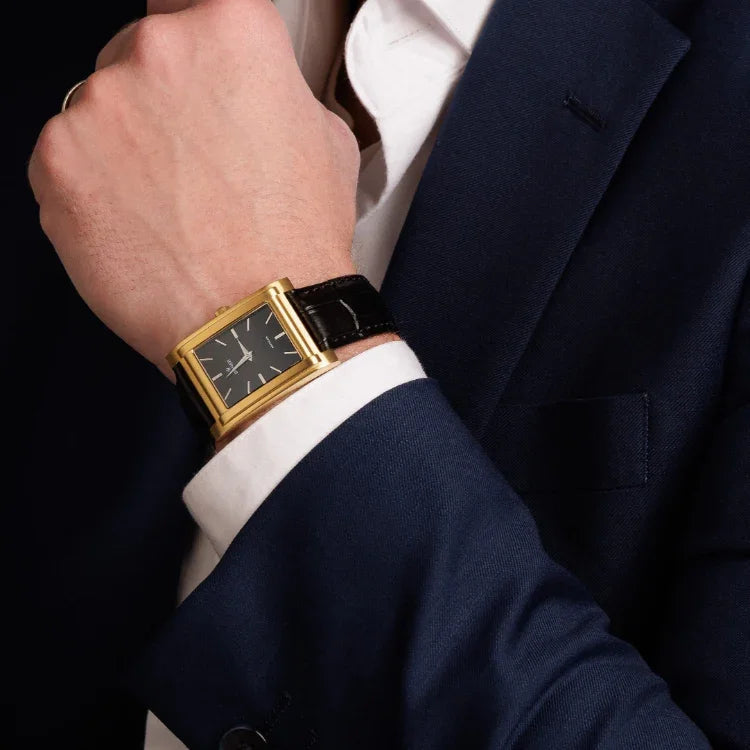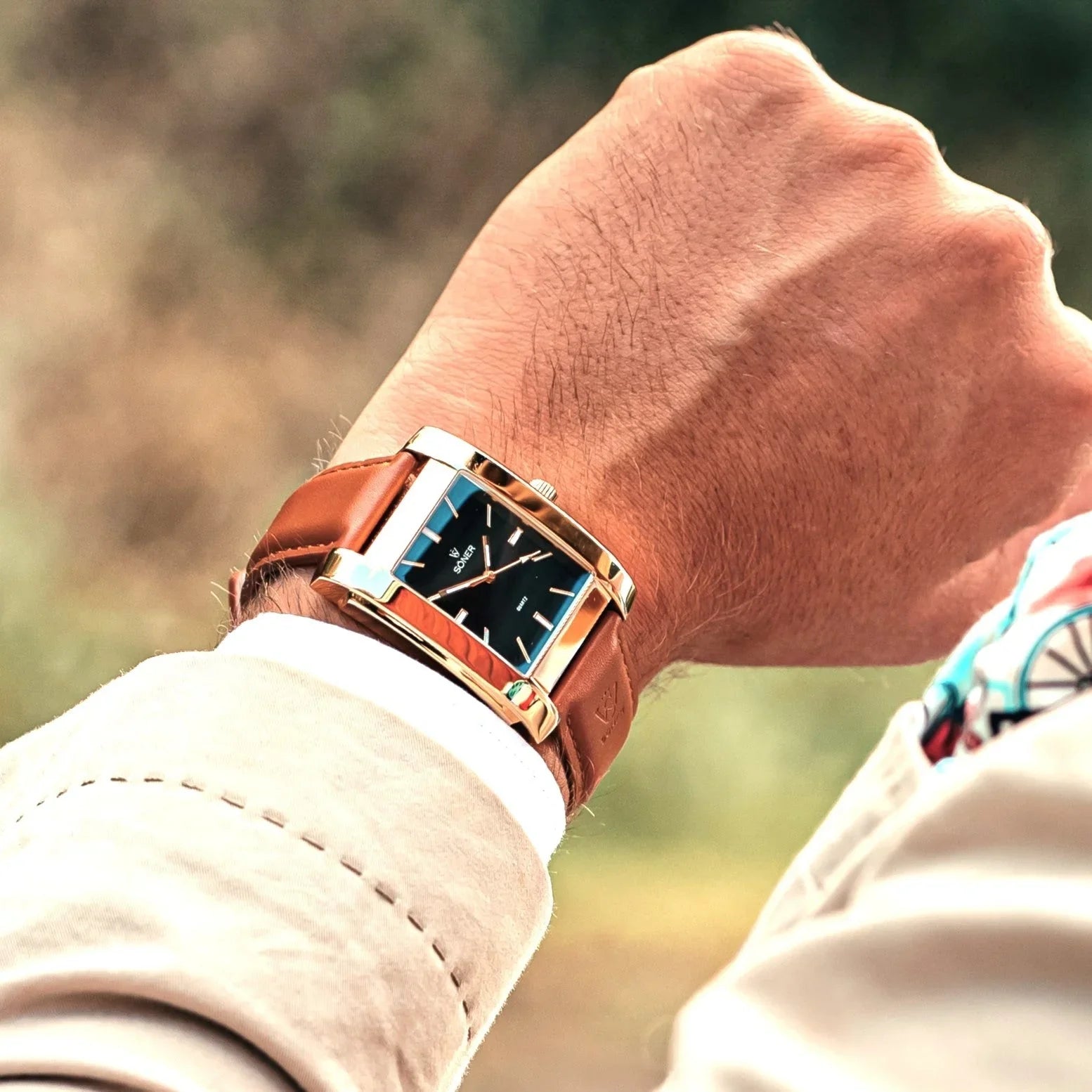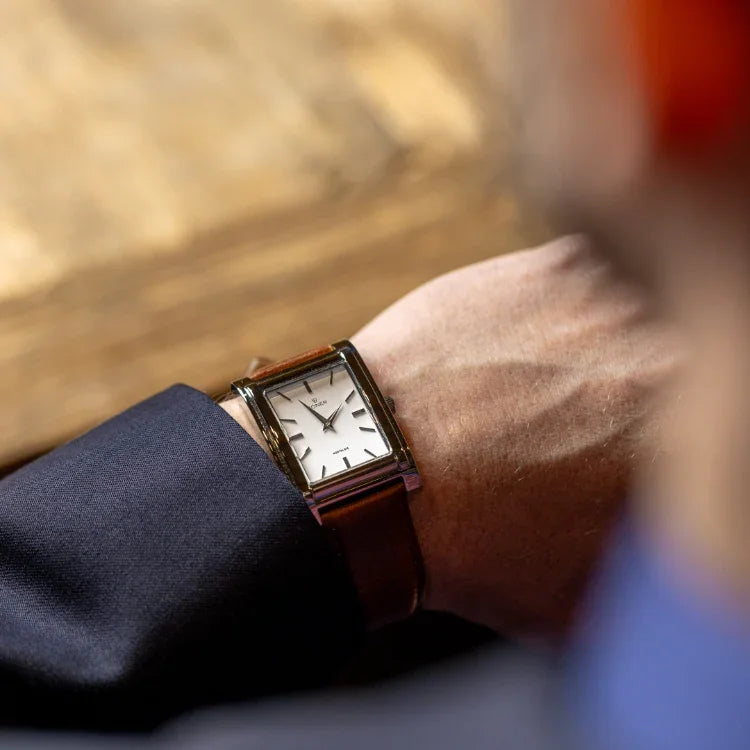Table of Contents
Sapphire Glass Watches Guide
The world of watches is a fascinating one, filled with intricate details and materials that can make a significant difference in the quality and longevity of the timepiece. One such material that has gained popularity in recent years is sapphire glass. But is sapphire glass good for watches? This question is more complex than it might initially seem, and to answer it, we must delve into the properties of sapphire glass, its advantages and disadvantages, and its comparison with other common watch glass materials.

Understanding Sapphire Glass
Sapphire glass is not made from the precious gemstone as the name might suggest, but from synthetic sapphire. It is created by crystallizing aluminum oxide at very high temperatures to create a material that is only second to diamond in its hardness. This makes it extremely resistant to scratches and abrasions, a quality that is highly desirable in watchmaking.
However, sapphire glass is not just about its hardness. It also possesses a high degree of transparency, allowing for clear visibility of the watch face. Moreover, it has a high melting point and excellent thermal stability, making it suitable for use in various environments.
Advantages of Sapphire Glass in Watches
Scratch Resistance
The most significant advantage of sapphire glass is its superior scratch resistance. This is particularly important for watches, which are often exposed to rough conditions and risk getting scratched. With sapphire glass, your watch face remains clear and unscathed even after years of use, preserving the aesthetic appeal of your timepiece.
Furthermore, the scratch resistance of sapphire glass also contributes to its longevity. Watches with sapphire glass are likely to last longer and maintain their new-like appearance for an extended period.

Transparency
Sapphire glass is highly transparent, which enhances the visibility of the watch face. This is crucial for watches with intricate designs or multiple functions, as it allows for easy reading of the time and other features. Additionally, the high transparency of sapphire glass adds to the overall aesthetic appeal of the watch.
It's worth noting that sapphire glass also has a high refractive index. This means it can reflect more light than other types of glass, giving the watch face a unique shine and depth.
Disadvantages of Sapphire Glass in Watches
Cost
One of the main drawbacks of sapphire glass is its cost. Due to the complex process involved in its production, sapphire glass is more expensive than other common watch glass materials like mineral glass or acrylic. This can significantly increase the overall cost of the watch, making it less affordable for some consumers.
However, it's important to consider the long-term benefits of sapphire glass. While it might be more expensive initially, its durability and longevity can make it a cost-effective choice in the long run.
Brittleness
Despite its hardness, sapphire glass can be quite brittle. This means it can shatter or crack if subjected to a strong impact. While this is not a common occurrence, it is still a risk that needs to be considered, especially for those who lead an active lifestyle or work in harsh conditions.
On the other hand, the brittleness of sapphire glass can be mitigated to some extent by using a high-quality watch case that can absorb shocks and protect the glass.
Comparison with Other Watch Glass Materials
Sapphire Glass vs Mineral Glass
Mineral glass is another popular choice for watch glass. It is less expensive than sapphire glass and offers decent scratch resistance. However, it is not as hard as sapphire glass and can get scratched more easily. Moreover, mineral glass does not have the same level of transparency as sapphire glass, which can affect the visibility of the watch face.

On the other hand, mineral glass is less brittle than sapphire glass, making it more resistant to shattering. This can be a deciding factor for those who are concerned about the durability of their watch.
Sapphire Glass vs Acrylic
Acrylic is a type of plastic that is often used in budget watches. It is the least expensive option and has the advantage of being lightweight and highly shatter-resistant. However, it is also the least scratch-resistant material, and scratches can easily accumulate over time, affecting the appearance and visibility of the watch.
Compared to acrylic, sapphire glass offers superior scratch resistance and transparency, but at a higher cost. Therefore, the choice between these two materials often comes down to personal preference and budget.
Conclusion
So, is sapphire glass good for watches? The answer largely depends on your needs and priorities. If you value scratch resistance and transparency and don't mind the higher cost, then sapphire glass can be an excellent choice. However, if you are on a tight budget or need a watch that can withstand strong impacts, then other materials like mineral glass or acrylic might be more suitable.
Ultimately, the best watch glass material for you is the one that meets your specific requirements and fits within your budget. By understanding the properties and advantages of each material, you can make an informed decision and choose the perfect watch for you.

As you consider the merits of sapphire glass for your next timepiece, remember that a watch is not just about materials—it's about making a statement. Söner Watches invites you to embrace the distinctive elegance of an analog square watch, a testament to individuality and style. Our exclusive collection of square watches is designed for those who dare to be different and appreciate the fine craftsmanship that stands out in a crowd. Discover our watch collections and find the perfect companion for your wrist, a unique timepiece that reflects your exceptional taste and the pride of wearing something truly unique.

